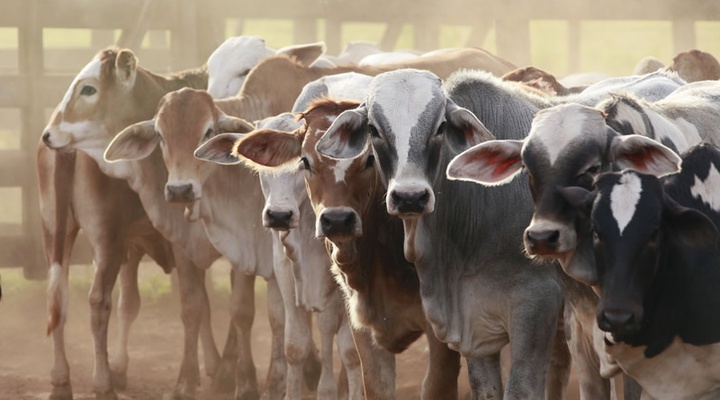
The Federal Government has taken a major step toward transforming Nigeria’s agricultural sector by validating the National Animal Feed and Fodder Policy, aiming to grow the industry’s value from $32 billion to $74 billion by 2035.
The policy validation workshop, officially flagged off in Abuja, marks a crucial phase in repositioning Nigeria’s livestock sector as a key player in national food security and economic diversification.
Speaking at the event, the Minister of Livestock Development, Idi Mukhtar Maiha, emphasized the central role of quality feed and fodder in sustainable livestock systems.
“Animal feed and fodder are the lifeblood of any sustainable national livestock production system. I urge you to ensure this document is not only visionary but also practical—implementable at both national and sub-national levels,” Maiha said.
A Practical, Inclusive Blueprint
The workshop, organized by the Federal Ministry of Livestock Development, brought together stakeholders from across the livestock value chain—researchers, policy makers, private sector players, and development partners.
In her remarks, Mrs. Winnie Lai-Solarin, Director of Monogastric and Ruminants at the ministry, welcomed participants and praised their input during the drafting phase.
“It is gratifying that, with the establishment of the Ministry of Livestock Development, we are now validating this document. It is the right thing to do at this time,” she noted.
Also present was Professor Maikano Ari, President of the National Animal Feed and Fodder Participatory Platform, who pledged the platform’s full support for the policy’s implementation.
“We have been part of this journey from the beginning and will make this document a central part of our work plan,” he said.
Key Policy Goals
The policy, according to Professor Eustace Iyayi, Special Adviser to the Minister and lead technical expert, is built around the following targets:
-
Increase feed and fodder production by 20% annually
-
Establish national regulatory standards for feed quality and safety
-
Promote commercial livestock practices among at least 50% of farmers within five years
-
Encourage public-private partnerships
-
Foster inclusivity, especially for women in livestock development
“This policy is designed to foster a competitive feed and fodder industry and create a regulatory environment that supports nutrition, productivity, and the well-being of our citizens,” Iyayi stated.
What’s Next?
The final draft of the policy will be submitted to the Federal Executive Council (FEC) for approval in the coming weeks.
If approved, it could serve as a game changer for Nigeria’s livestock industry—reducing seasonal feed shortages, improving coordination, and positioning the sector as a driver of economic growth and rural empowerment.



















